|
Ever heard the saying “Your can’t pour from an empty cup”? We all have people in our lives that we love and care for, but life challenges can sometimes deplete our energy, making it harder to be there for our loved ones. Practising mindfulness fills your cup, so you can in turn, fill others. Also, studies have shown that moods are contagious. In 1993, an experiment in Washington showed that crime rates dropped by 23.3% due to a group practising focused meditation. http://www.worldpeacegroup.org/washington_crime_study.html So, when you practice mindfulness, you are giving to those around you, as well as yourself. Here’s a simple way to practice generosity to yourself, and others:
"Real generosity toward the future lies in giving all to the present." - Albert Camus
0 Comments
For many moments of our waking lives we are being told by social media, advertising executives etc. what we lack, and how if we just buy X or Y we will be happier, more content, more accepted by our peers. We are susceptible to this as our brains are programmed to seek out what’s missing, it was an integral part of securing our survival as we evolved. When we practice gratitude it shifts the mind from ‘not enough’ to ‘enough’, which brings a sense of peace and calm to our lives. As it’s not the default position, we need to train our minds to be grateful—we need to practice it consciously each day. As we do so, like any muscle we train, it will begin to be stronger, and you will start to see the good things in your life more and more easily. Here's a super simple practice to help cultivate gratitude: Each night this week, jot down three things you are grateful for in your day. It doesn’t matter how big or small they are, pick anything that made you smile, or feel good inside. "I don't have to chase extraordinary moments to find happiness - it's right in front of me if I'm paying attention and practicing gratitude." - Brene Brown Non-striving means being fully present with this moment without needing to change it. This might seem counterintuitive as you may have begun to practice mindfulness as a means to get relief from depression, or anxiety, or pain. However, as we saw with the attitude of acceptance, letting go of the struggle against discomfort frees us energy, and opens up space for new possibilities to arise. Non-striving takes us out of the habitual ‘doing’ mode and puts us into the more receptive and healing ‘being’ mode. This means we can let go of the constant pressure to be responsible for every moment, and allow life to just show up, whatever form that might take.
“For example, if you sit down to meditate and you think, “I am going to get relaxed, or get enlightened, or control my pain, or become a better person,” then you have introduced an idea into your mind of where you should be, and along with it comes the notion that you are not okay right now. “If only I were calmer, or more intelligent, or a harder worker, or more this or more that, if only my heart were healthier or my knee were better, then I would be okay. But right now, I am not okay.” – Jon Kabat-Zinn The world is moving faster than ever, and with next-day delivery, instant messaging, express service etc, we rarely get an opportunity to practice patience. Even when we do have to wait for something, we can use the time to play on our phones, plan tomorrow's dinner, or worry about that thing we said to our best friend last weekend. Many of us have gotten out of the habit of being here right now in this moment, and when we consider that life is made up of moments, we have to wonder, how much of life do we miss? Making the effort to cultivate patience will increase your sense of peace with the natural flow of time, and with your inner experience. The more you can be with your inner experience without having to distract or run from it, the more resilient you will become. Here's an exercise to help practice patience: • Pay attention today for times when you are waiting, or have nothing to do. • Notice if you have an urge to fill the time by reaching for your phone, or some other way of distracting from the now. • Resist the urge for at least the next minute and: • Observe what sensations arise in the body. • Observe what thoughts arise in the mind. • If thoughts or sensations become uncomfortable, bring the attention to the breath, counting the breaths in and out of the body. • Return to your observations when you can. "Patience is a form of wisdom. It demonstrates that we understand and accept the fact that sometimes things must unfold in their own time." - Jon Kabat-Zinn We trust the natural wisdom of the body, we trust the breath to come and go of it's own accord. We trust the organs to take care of the metabolism and functions of the body without us having to get involved, but do we trust ourselves? Learning to bring trust to ourselves teaches us to be confident in ourselves, and that we can cope with challenges that come our way. We may have gotten in the habit of looking outside ourselves to our family, society, or friends for reassurance that we are doing ok, which in itself is not a bad thing. But if we forget how to check in with our own self, then we can get be confused by other people's ideas of what is right for us. Learning to hear and follow your own intuition is an essential skill for your own peace of mind, and will help you know when you are on the right track. Here is a short exercise to help you practice tuning in to your own intuition:
"Developing a basic trust in yourself and your feelings is an integral part of meditation training. It is far better to trust in your intuition and your own authority, even if you make some "mistakes" along the way, than always to look outside yourself for guidance." - Jon Kabat-Zinn Each of us has preferences of what we like, and don't like. Naturally, we react to these by trying to hold on to what we like, and push away what we don't like. Unfortunately, life isn't this simple, it is filled with a mixture of the pleasant and the unpleasant, and no amount of clinging or rejecting will hold off the ups and downs of life forever. As we saw last week with the Attitude of Acceptance, when we try to avoid or turn away from painful experiences, it can increase suffering. It is the same with joyful experiences, when we try to hold on to them, we can end up sucking the joy out of them. Think of when we try to hold on too tight to a loved one, and they feel smothered, or when we don't want the good night to end, and we have another drink, and suffer the next day. Life is ever changing, and nothing lasts forever. Painful experiences will pass (despite them seeming like they won't!), and and joyful experiences will also pass, leaving us enriched, and better for them.. We can practice the art of letting go using the breath. • Take a deep breath in, and on the out-breath relax the body. • Repeat. • On the next inhale, think think about how you need to let that breath go in order to inhale again. • Continue this practice for the rest of the minute, mindful of the cycle of the breath. • Reflect on how you trust the next breath to come all by itself, you don't need to do anything. • We have to let go in order to move on to the next breath. “To let go means to give up coercing, resisting, or struggling, in exchange for something more powerful and wholesome which comes out of allowing things to be as they are without getting caught up in your attraction to or rejection of them, in the intrinsic stickiness of wanting, of liking and disliking.” - Jon Kabat-Zinn This week's Weekly minute is the second in the "9 Attitudes of Mindfulness" series, and it explores the Attitude of Acceptance. No person's life runs completely smoothly, we all face trials and difficulties, no matter who we are. When we fight against, or resist our challenges, we waste energy, and inadvertently increase the pain of them. Imagine this equation: Suffering = Pain x Resistance When we can accept things as they are, we come out of 'struggle', and into a more relaxed state, which allows for creativity and wisdom, so we can choose a better way forward. It's like the old movies when the hero was stuck in quicksand, and it was only when they stopped struggling, and relaxed the body, that they could stay on top long enough to be rescued! Practicing Acceptance: • For the next minute (or more if you have time), bring your attention to the body, working from the head down to the feet, noticing any sensations that are present. • If you encounter an unpleasant sensation like an itch, or a cramp, or pins and needles, see if you can stay with it, and be curious about it. • Does it come and go or is it constant? Does it have heat or cool? Is it sharp or dull? • Notice how it changes. • Try to just be with the sensation, accepting that nothing lasts forever, and neither will this. • Breathe into the discomfort. • Return to your day, with the intention to bring this attitude of acceptance to challenges you may meet throughout your day. "This attitude sets the stage for acting appropriately in your life, no matter what is happening. You are much more likely to know what to do and have the inner conviction to act when you have a clear picture of what is actually happening versus when your vision is clouded by your mind's self-serving judgments and desires or its fears and prejudices." - Jon Kabat-Zinn This week sees the beginning of a series exploring the 9 Attitudes of Mindfulness, developed by Jon Kabat-Zinn, the father of modern mindfulness practice. Jon encourages the cultivation of these attitudes to support and enhance your mindfulness practice. The first of the 9 Attitudes is Non Judging. - As we move through our days the mind is busy categorising and labelling almost everything we come into contact with, both out in the world, and in our inner experience. We are constantly assessing what we want/don't want, like/don't like, want to approach/want to avoid, are good at/not good at. These judgments can lead us to respond to the world through automatic reactions that we are often not aware of, and to be in a state of discontentment in our own selves. It would be an impossible task to stop judgments altogether, but what we can do is become aware of them. When we become aware of our judgments, we are freeing ourselves from the tendency to act on them blindly, and have them disturb our peace. • Bring your attention to your thoughts for the next minute, and observe them as they arise. • Notice any judging thoughts such as: "I don't like this", I'm uncomfortable", "This is boring", etc. • Resist the temptation to judge the judging, just label it "Judging", and return to paying attention. • Try to bring this awareness of judgment with you through the day. "If we are to find a more effective way of handling the stress in our lives, the first thing we need to do is to be aware of these automatic judgments so that we can see through our own usually unexperienced prejudices and fears and liberate ourselves from their tyranny." - Jon Kabat-Zinn |
The Weekly Minute is a blog I write each week with the aim of providing proven tools to help promote positive mental health.
The collection of short, practical mindfulness and therapy tools for self-reflection and self-improvement, can equip people to take their mental well-being into their own hands, and improve their quality of life. The Weekly Minute is posted here every Monday, or you can sign up to get it delivered to your inbox via the link below. Follow me on social media (see below) to make sure you don't miss one! Get the Weekly Minute delivered straight to your inbox, or follow it on social media!
Categories
All
Archives
March 2021
Privacy Policy
By subscribing to Claire Shannon Therapy you are agreeing to receive a weekly blog post via email. I use Mailchimp to store and manage this mailing list and your data will not be shared with any third party. You are free to unsubscribe at any time using the unsubscribe button which appears at the end of every blog. You may wish to review the Mailchimp privacy policy. This privacy policy will regularly be reviewed and any updates will be listed here. This privacy policy was last updated on the 21st May 2018. |
Let's talk soon...
HoursMonday: 10am - 6pm
Tuesday: 11am - 7:30pm Wednesday: Closed Thursday: 11am - 7:30pm Friday: 10am - 6pm Email: [email protected]Tel: 089 208 7678
|
Unit 3 Liosban Industrial Estate, Tuam Road, Galway. H91 H63P
|
With assistance from the Local Enterprise Board, Galway
|

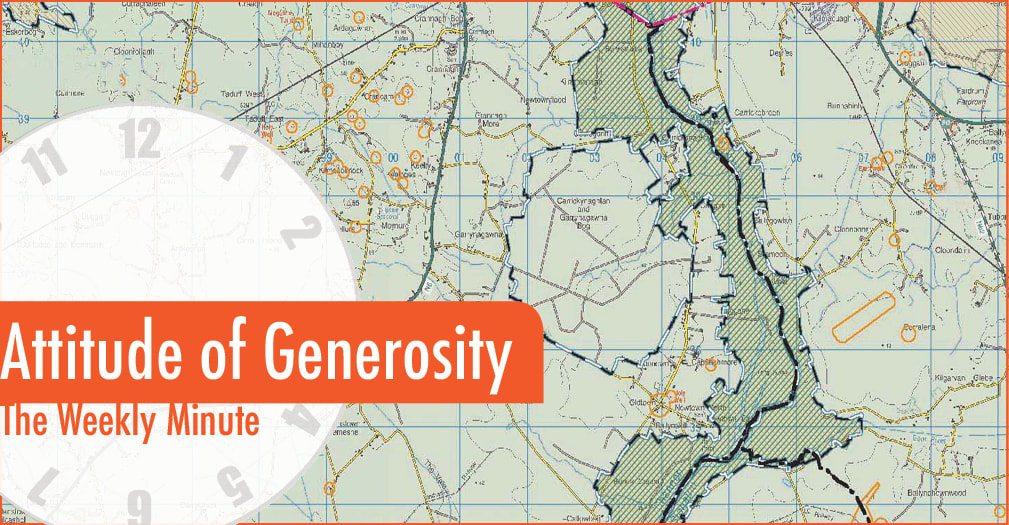
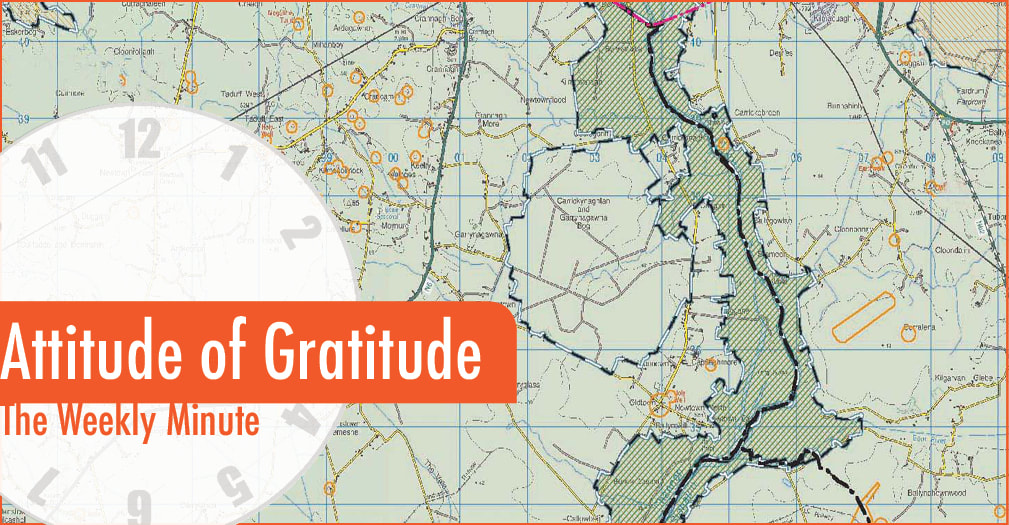
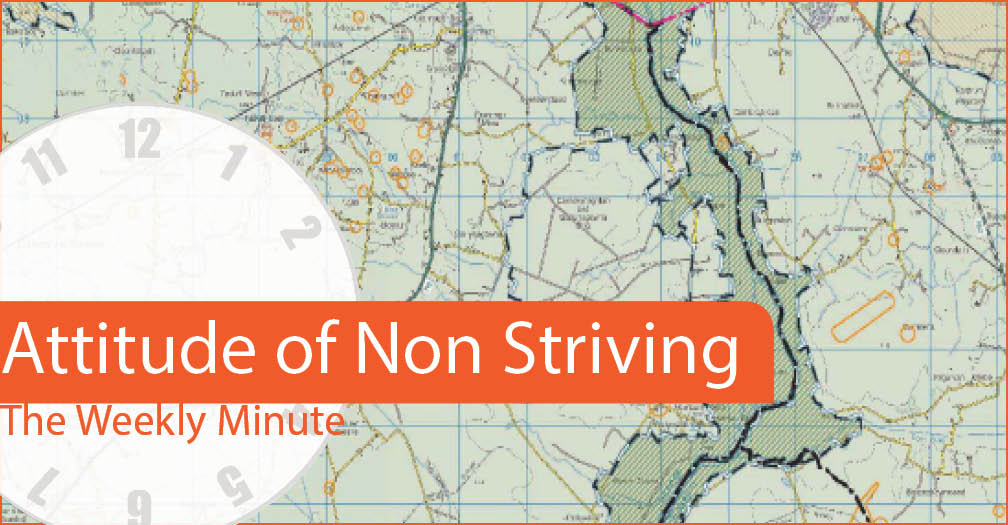


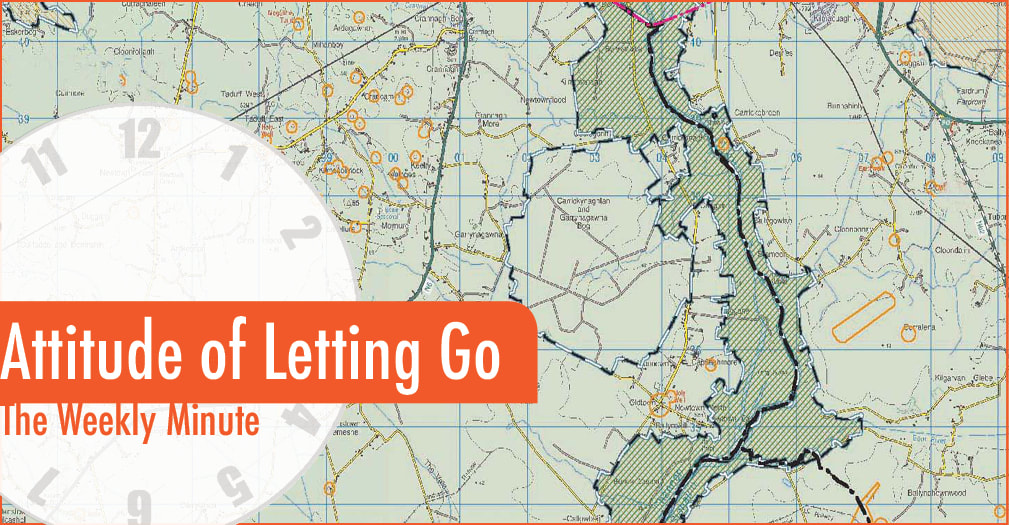

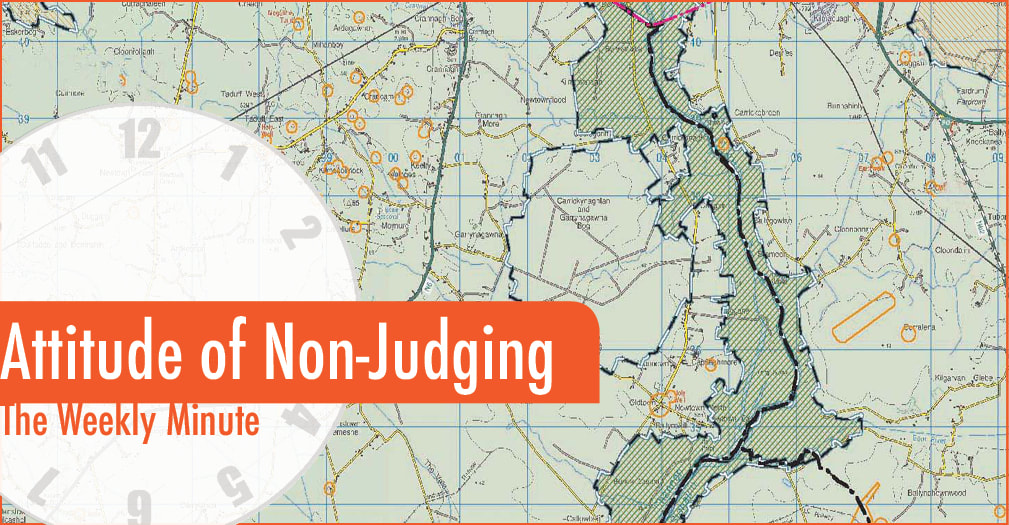

 RSS Feed
RSS Feed
